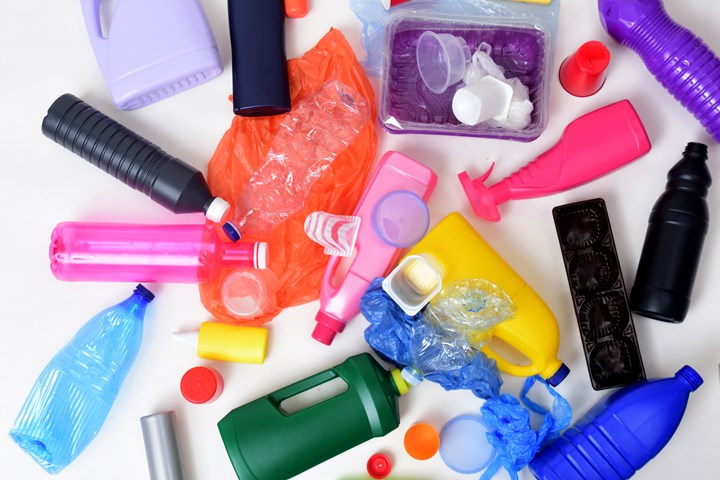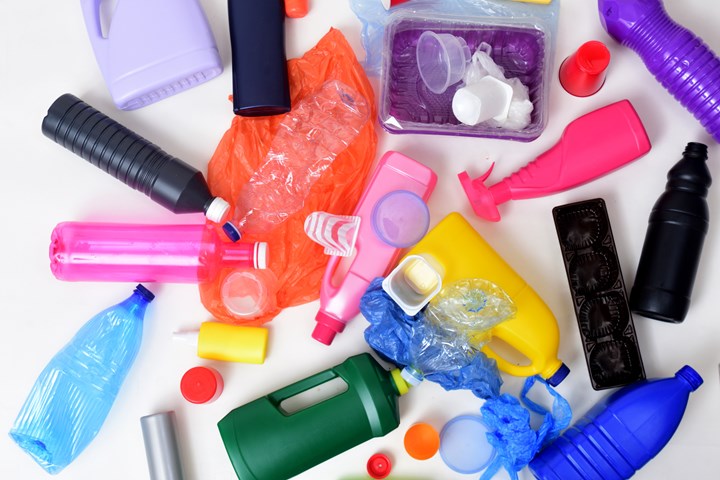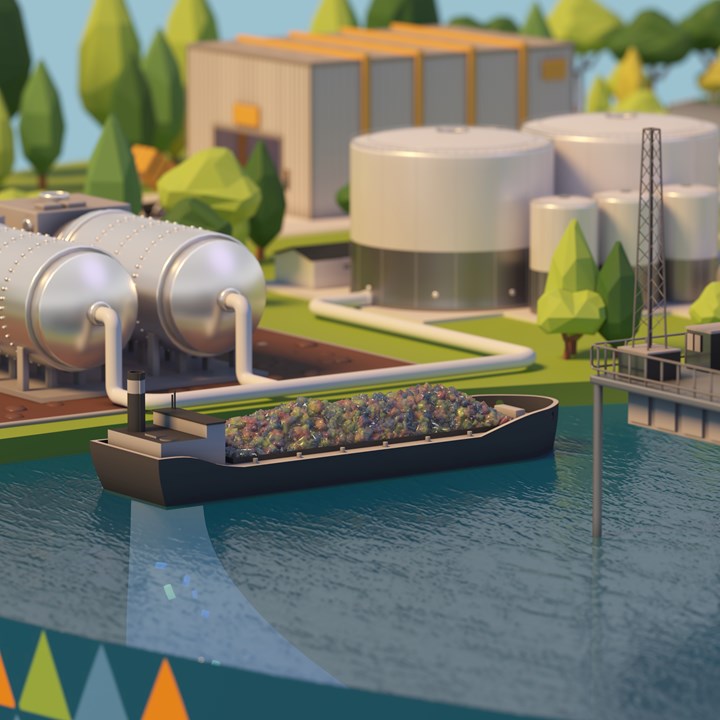
A New ‘Supercritical Water’ Approach to Recycling Plastic Packaging Waste
I often report on research underway at universities regarding developments on either new biobased plastics or novel plastic recycling technologies. Typically, researchers are looking to get the word out to prospective industry partners that can help in expanding their work to commercial fruition. Sometimes, they are aiming to license their already patented technologies.

Photo Credit: University of Burmingham
This is the case with U.K.’s University of Birmingham which has announced that it recently licensed the rights to a ‘supercritical water’ technology to Stopford to develop a novel process for recycling mixed plastic packaging. Such a process reportedly delivers a greater proportion of high value recycled plastic with less emissions, fewer processing steps than current recycling methods, and no solvent residues.
Established in 1982, Stopford is an international multi-disciplinary consultancy, engineering design and project management services company with a proven track record in developing innovative process technologies and process solutions, including a portfolio of ‘green’ technologies, for commercially successful innovation.
The new approach was invented by Dr Bushra Al-Duri, from the University’s School of Chemical Engineering, and further developed during a collaborative project with Stopford. Above the critical point of 374.5 C/706.1 F and 220 bars (217 atmospheres), water is described as ‘supercritical’ where its properties and operational behavior are completely different from ambient/hot water. Supercritical water can be a solvent for all organic materials including plastics. Its gas-like penetration power makes it a superior medium to decompose mixtures of complex waste plastics into value-added materials, which are feedstock for manufacturing new plastics.
Stopford will now use its substantial technology innovation and engineering expertise to further develop and scale the novel hydro-thermal process called CircuPlast, enabling the conversion of non-recyclable end-of-life plastics into high-value chemicals for use as feedstock for the plastics industry. Said Stopford’s technology & innovation director Dr Ben Herbert, “This agreement enables Stopford to fast-track the development of the CircuPlast technology to meet the plastics management and sustainability requirements of multiple industry sectors.”

Photo Credit: University of Burmingham
CircuPlast will be an eco-friendly technology using ‘supercritical’ water rather than industrial solvents for the repurposing of waste plastics adopting a circular approach. The technology will provide a sustainable alternative to fossil oil derived feedstocks with no CO2, emissions in the production or disposal phases. It is expected to overcome the substantial limitations of existing recycling processes by enhancing recycling rates, enabling an increase in the recycled content of plastics, maintaining functionality, to a level that is currently unachievable using mechanically recovered materials.
Said Dr Al-Duri, “Supercritical water technology represents the next generation for treatment and recycling of ‘stubborn’, complex, and hazardous waste that is currently treated by incineration or sent to landfill. I am looking forward to working with Stopford on the scientific and operational challenges involved in bringing this technology to market.”
David Coleman, CEO of University Birmingham Enterprise, which helps researchers turn their ideas into new services, products and enterprises that meet real-world needs, noted that the growth of plastics production has long outstripped the capacity for recycling, with the U.K. alone producing over 4.4 billion lbs of plastic packaging waste each year, of which just over half is recycled. University Birmingham Enterprise also supports innovators and entrepreneurs with mentoring, advice, and training and manages the University’s Academic Consultancy Service.

Leave a Reply